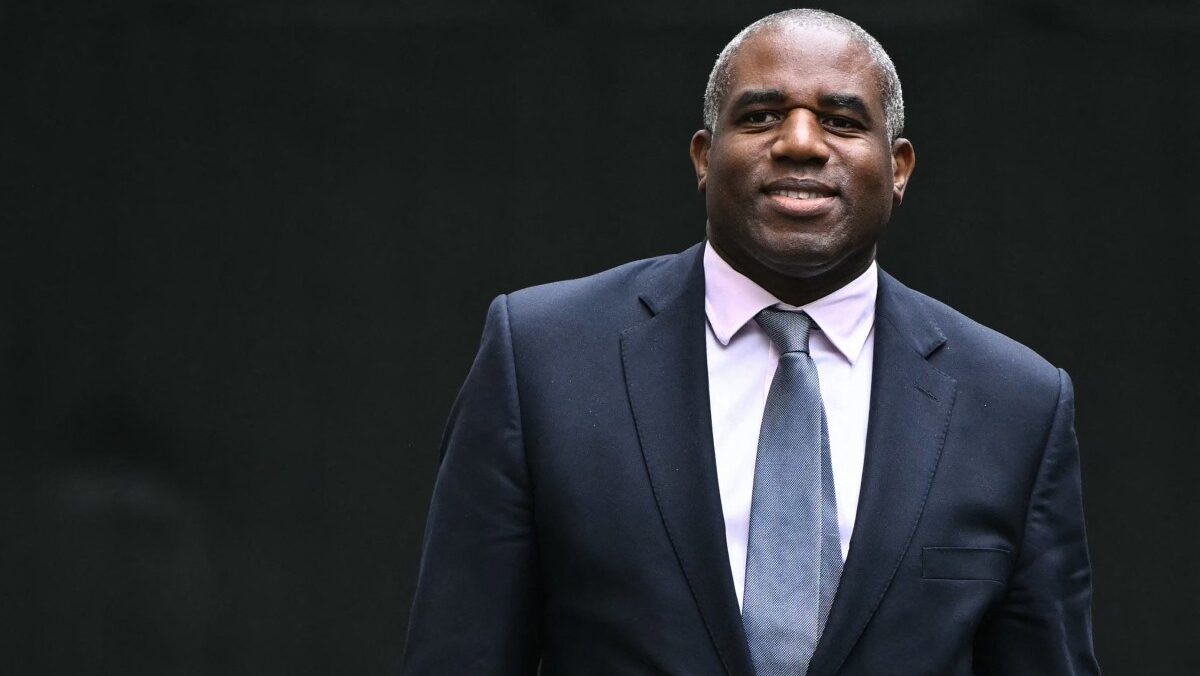Britain has resumed full diplomatic relations with Syria, over a decade after cutting ties during the civil war. Foreign Secretary David Lammy met interim President Ahmed al-Sharaa in Damascus, marking a shift following Bashar al-Assad’s recent overthrow.
The UK had supported rebels, imposed sanctions, and joined airstrikes against Assad’s regime. With al-Sharaa now in power, London is lifting sanctions, pledging aid, and backing Syria’s reconstruction, citing shared interests in stability, security, and curbing migration.
The United States recently lifted its sanctions and is preparing to remove Syria from its list of state sponsors of terrorism. President Trump, who met al-Sharaa in May 2025, praised Syria’s new leadership. In March, the EU committed €2.5 billion worth of aid to the country, with foreign affairs chief Kaja Kallas saying, “it’s high time that all Syrians can live safely in peace.”
While the British decision is part of this international shift in attitude toward the Syrian government, not everyone is convinced of the new leader’s conversion from Islamist terrorist to democratic leader. Al-Sharaa previously headed the Islamist group Hayat Tahrir al-Sham (HTS), a group with connections to Al-Qaeda, which has been accused of participating in violence against Alawite and Christian minority groups in Syria since the regime shift.
